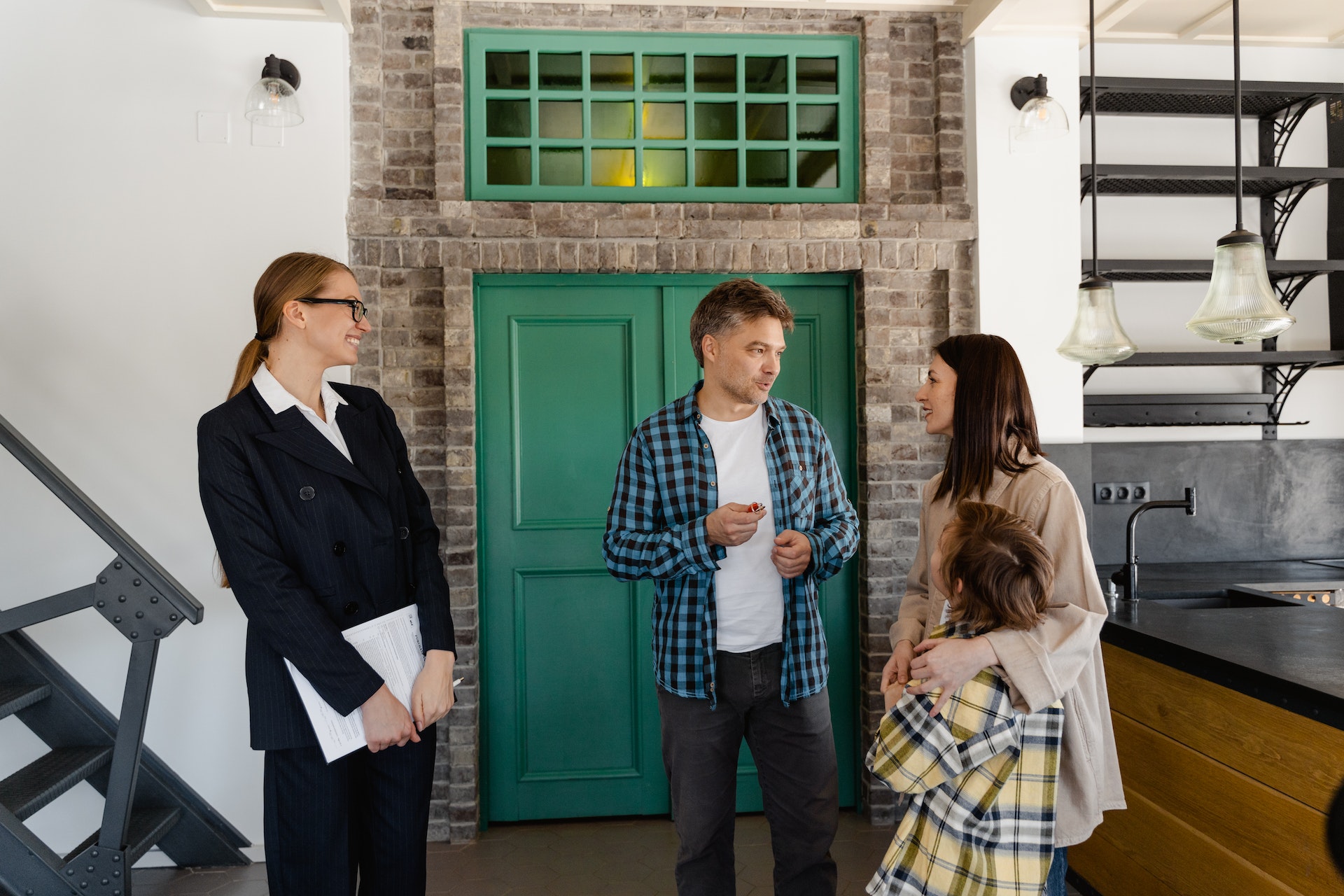Buying a brand-new home can be an exciting experience. It’s a chance to own a house that’s built to your specifications, with no need for renovations or repairs. However, it’s also a significant investment and one that should be taken seriously. In this blog post, we’ll go over 12 details you can’t afford to miss when buying a brand-new home.
Location
The location of your new home is one of the most important details to consider. Look for a location that’s convenient for your daily commute and close to the amenities you need, such as schools, parks, and shopping centers. Research the area thoroughly before making a decision.
Builder’s reputation
The reputation of the builder you choose is crucial. Look for a builder with a good track record of quality work and satisfied customers. Research the builder’s portfolio, read reviews, and ask for references.
Warranty
A warranty is essential when buying a brand-new home. Make sure you understand the warranty terms and what’s covered. Find out how long the warranty lasts and what happens if something goes wrong.
Energy efficiency
Energy-efficient homes are not only better for the environment, but they can also save you money on your utility bills. Look for homes with high-quality insulation, energy-efficient windows, and appliances that are Energy Star rated.
Floor plan
The floor plan of your new home should be practical and functional for your lifestyle. Consider how many bedrooms and bathrooms you need, and how you’ll use the living spaces. Think about how the layout will accommodate your family’s needs as it grows and changes.
Construction quality
The quality of construction is essential when buying a brand-new home. Inspect the foundation, walls, and roof to make sure everything is in good condition. Look for signs of poor workmanship, such as cracks, uneven surfaces, and crooked walls.
Home size
The size of your new home should be appropriate for your family’s needs. Don’t be swayed by a large home if you don’t need the extra space. A smaller home can be more manageable and cost-effective.
Upgrades and customization options
Consider whether the builder offers upgrades and customization options. These can include things like upgraded flooring, countertops, and appliances, or the ability to choose paint colors and finishes. Customization options can help you create a home that’s uniquely yours.
Homeowner association fees
If you’re buying a home in a planned community, you’ll likely have to pay homeowner association (HOA) fees. These fees cover things like maintenance and upkeep of common areas, landscaping, and security. Make sure you understand how much the HOA fees are and what they cover.
Property taxes
Property taxes can vary widely depending on the location of your new home. Make sure you understand how much property taxes will cost and factor this into your budget.
Home inspections
Don’t skip the home inspection when buying a brand-new home. An inspection can uncover hidden problems and defects that might not be apparent during a walk-through. Hire a qualified home inspector and make sure the inspection covers all areas of the home.
Closing costs
Closing costs are the fees and expenses you’ll pay when you close on your new home. These can include things like loan origination fees, title insurance, and appraisal fees. Make sure you understand how much closing costs will be and factor this into your budget.
In conclusion, buying a brand-new home can be an exciting and rewarding experience, but it’s also a significant investment that requires careful consideration. By paying attention to these 12 details, you can make sure you’re making an informed decision that meets your needs and fits your budget.
